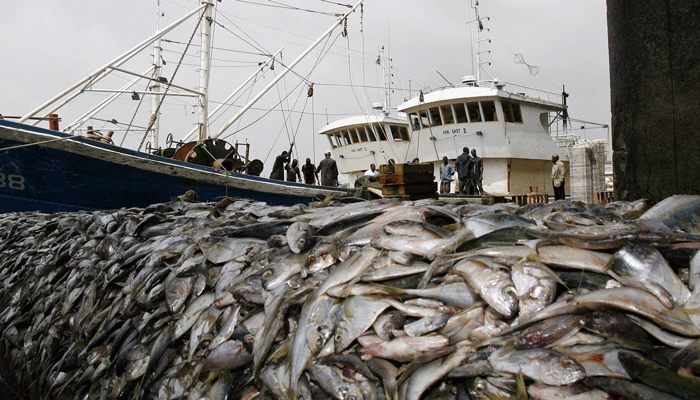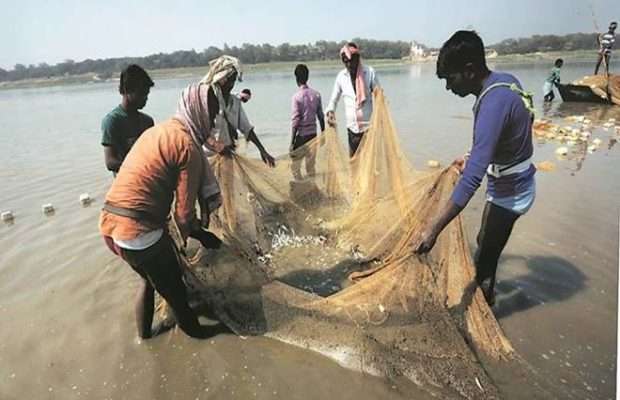An Executive Member of the National Fisheries Association of Ghana (NAFAG), Mr. Daniel Owusu, has advised that Ghana’s fisheries sustenance should be in the hands of Ghanaians rather than foreigners.
Mr. Owusu noted that human capital is critical in every enterprise or discipline.
“Regrettably, we have stopped training human resources for the fisheries industry. The few who have been trained are now out of the country, which is one reason why foreigners have a stronghold in the local fisheries industry. We are talking about a natural resource that provides about 60 percent of animal protein to the people. It’s both a livelihood and security issue, so its sustenance should be in the hands of the indigenes.”
Mr. Owusu
He further lamented that Ghana’s tuna industry could collapse should foreigners opt out of the business because of the absence of Ghanaians at the top level of the industry.
He made these assertions at a one-day workshop for players in the domestic fisheries industry on how to promote decent work across the value chain organized by the Regional fisheries sector’s non-governmental organization, Fisheries Committee of West Central Gulf of Guinea (FCWC)
The workshop brought stakeholders across Ghana’s fishing sector to discuss options and obstacles to achieving safety and decent working conditions for all fish workers in Ghana.

Formalize the fisheries sector
It was a validation session to discuss the findings of a fisheries sector report conducted by Dr. Vanessa Jaiteh from the University of Nottingham and hosted by the FCWC to discuss the increasing concerns of sustainable social issues in fisheries within the West African coastline.
The study examined fishers’ labour conditions and safety concerns in Ghana’s artisanal, semi-industrial and industrial sectors. The report showed that about 97 percent of industrial fishers do not have contracts making the fishery sector very informal. This is a violation of Ghana’s labour laws that need to be addressed, Dr. Jaiteh stressed.
“Without contracts, the crew does not know what they would be paid; so, they usually return to the shore before finding out what they will be paid,” Dr. Jaiteh noted.
Bright Tsai, one of the participants at the event, shared some of the common challenges of fishers in the industrial and semi-industrial sectors, adding that the creation of unions has primarily been discouraged by their superiors.
“Our crew managers put fear in the boatswains against joining unions. We are cautioned that we will have to take jobs from the union if we join them. Many of us have been sacked due to our union issues,” he recounted.
The Fisheries Management Advisor of FCWC, Abena Serwah Asante, revealed that the workshop forms part of its activities as an organization to provoke positive policy creation that promotes sustainable fisheries.
READ ASLO: GCB in the Best Position to Return Value for Investors- MD





















